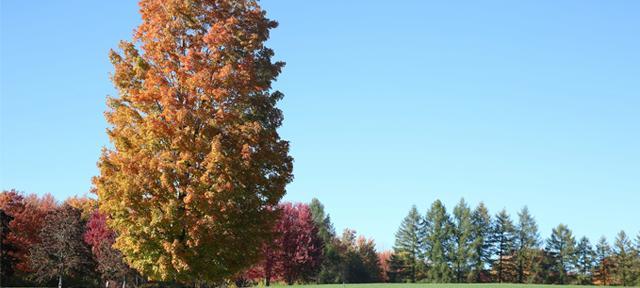First Community Orientation Kicks Off Hampshire’s Fall Semester

On Monday, August 24, the day before classes started for the fall semester, Hampshire hosted its first community orientation. All students, staff, and faculty were invited to participate in a virtual event featuring Barbara Love, a professor emerita of social-justice education at the University of Massachusetts Amherst. She has published widely on social justice and liberation issues such as racism and internalized racism, self-awareness for liberation workers, building alliances for change, and what she calls critical “liberatory consciousness.”
Titled “Transformational Healing and Justice in Troubling Times,” Dr. Love’s presentation addressed the fact that we in the United States are experiencing triple “pandemics”: climate change; COVID-19; and structural, systemic racism and anti-Blackness.
President Ed Wingenbach welcomed the 200 community members who tuned in via Zoom, and reinforced the importance of the event’s themes.
“What is true about white supremacy and structural racism is also true of climate change, of global economic inequality, of pandemics now and to come, of the degradation of democratic institutions, of the epidemic of violence against transgender and gender non-conforming people, of neglect and indifference toward refugees and migrants, and of so many other fundamental injustices,” he said. “None of these is an issue that can be addressed alone or by any single field of study; the existential challenges we face are linked to one another — progress requires flexibility, innovation, experimentation, and an iconoclastic focus on the demands of justice.”
Student Elí Aleas then acknowledged the native lands on which the Hampshire campus sits and presented a Native Land app. Program Director for Ethics and the Common Good Javiera Benavente provided an overview of the event and introduced Amy Jordan, professor of African American history and co-dean of Institutional Diversity and Inclusion, who introduced Dr. Love.
Love described the three existential threats facing us now: the ways in which the current federal administration has no effective response to the climate crisis; a national response to Covid-19 “that some people are calling genocide”; and witnessing ongoing racial violence and “massive collective ignorance.”
“All of this is traumatic,” she said. “You may be feeling grief, anger, despair, shame, guilt. You are not alone in feeling these feelings. They are neither good nor bad. Feelings are not to be judged; they are to be felt. Heal, and reclaim your good feelings.”
She reminded all to monitor and manage their health and well-being, including our psychic health. “And I offer you ‘liberatory consciousness,’” she said, “which is the decision to stay ‘woke’ — the decision to go through life aware and alive.” Love described the components of her concept of liberatory consciousness: awareness, analysis, action, allyship, and accountability.
“Think about a world, a community, a college that works well for everyone. Notice whether what you see helps or inhibits the creation of a world, a community, a college, and if not, ask yourself what action is needed. Share your perspectives and support each other. Show up for one another,” she said. “Community is what you will need to create this next moment.”
Reflections on Love’s speech began with Assistant Professor of Modern/Contemporary Dance Deborah Goffe. Director of the Office of Accessibility Resource Services Madeleine Peters, Manager of Diversity and Inclusion Maria Cartagena, Spiritual Life Director David Ko, and Assistant Professor of Anthropology and Latin American Studies and Co-Dean of Institutional Diversity and Inclusion Roosbelinda Cardenas also expressed their thoughts. The rest of the session was dedicated to answering questions from the attendees.
The event was presented by the Community Commons, Ethics and the Common Good Project, and the Office of Institutional Diversity and Inclusion, and made possible with support from cosponsors Academic Affairs, the Academic Innovation Planning Group, the Office of the President, and Student Life.

